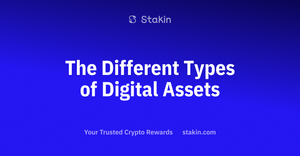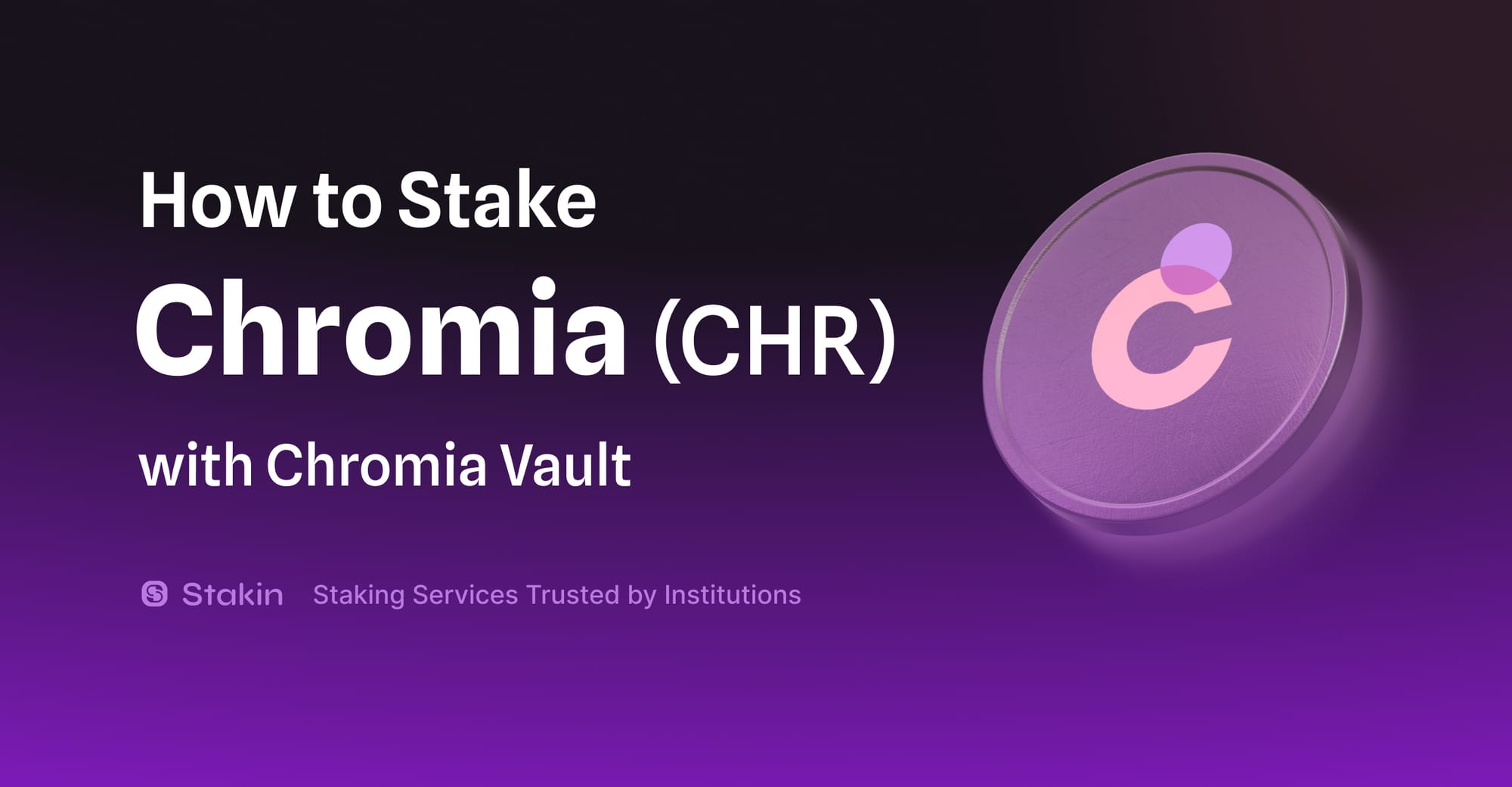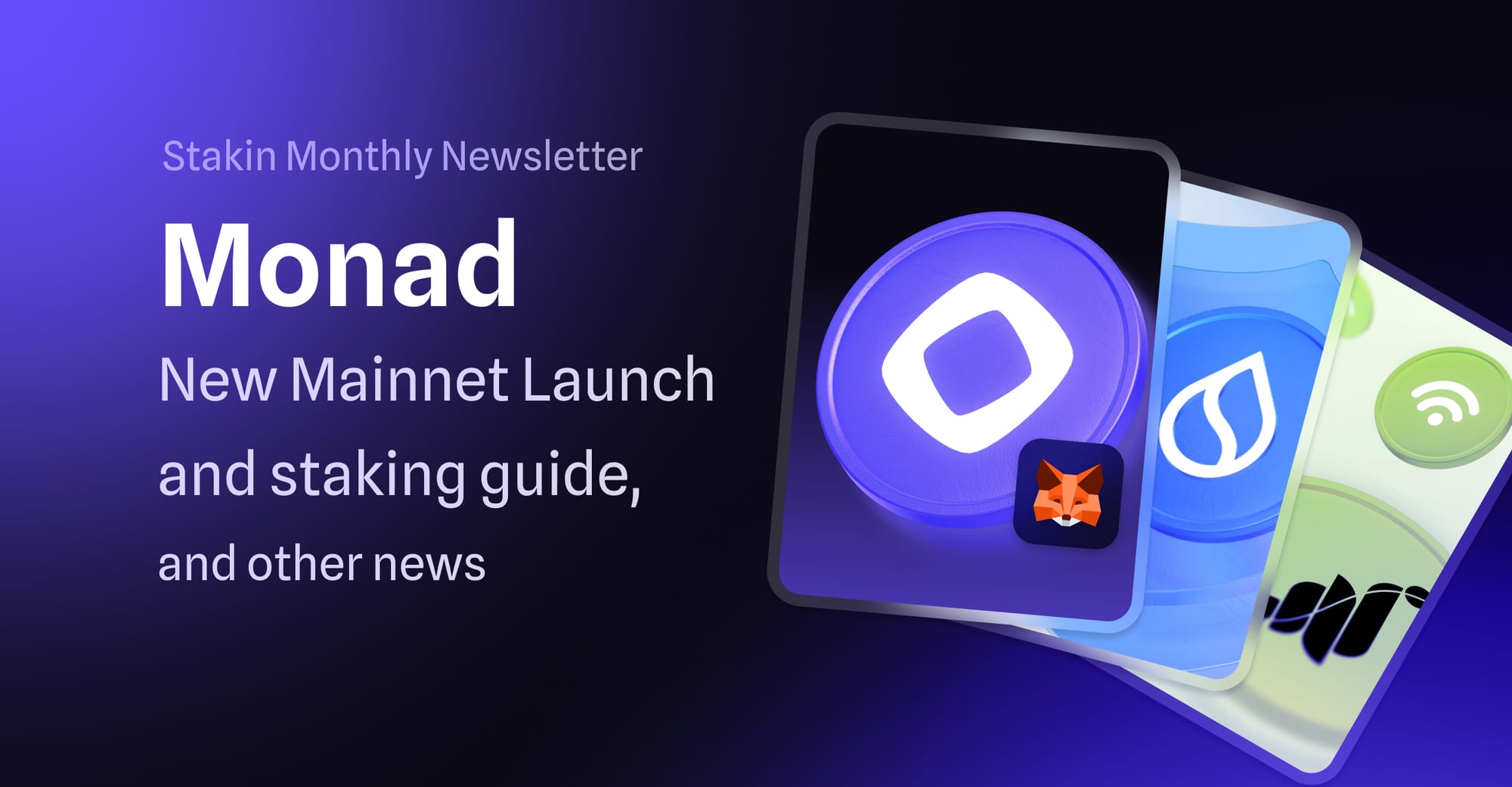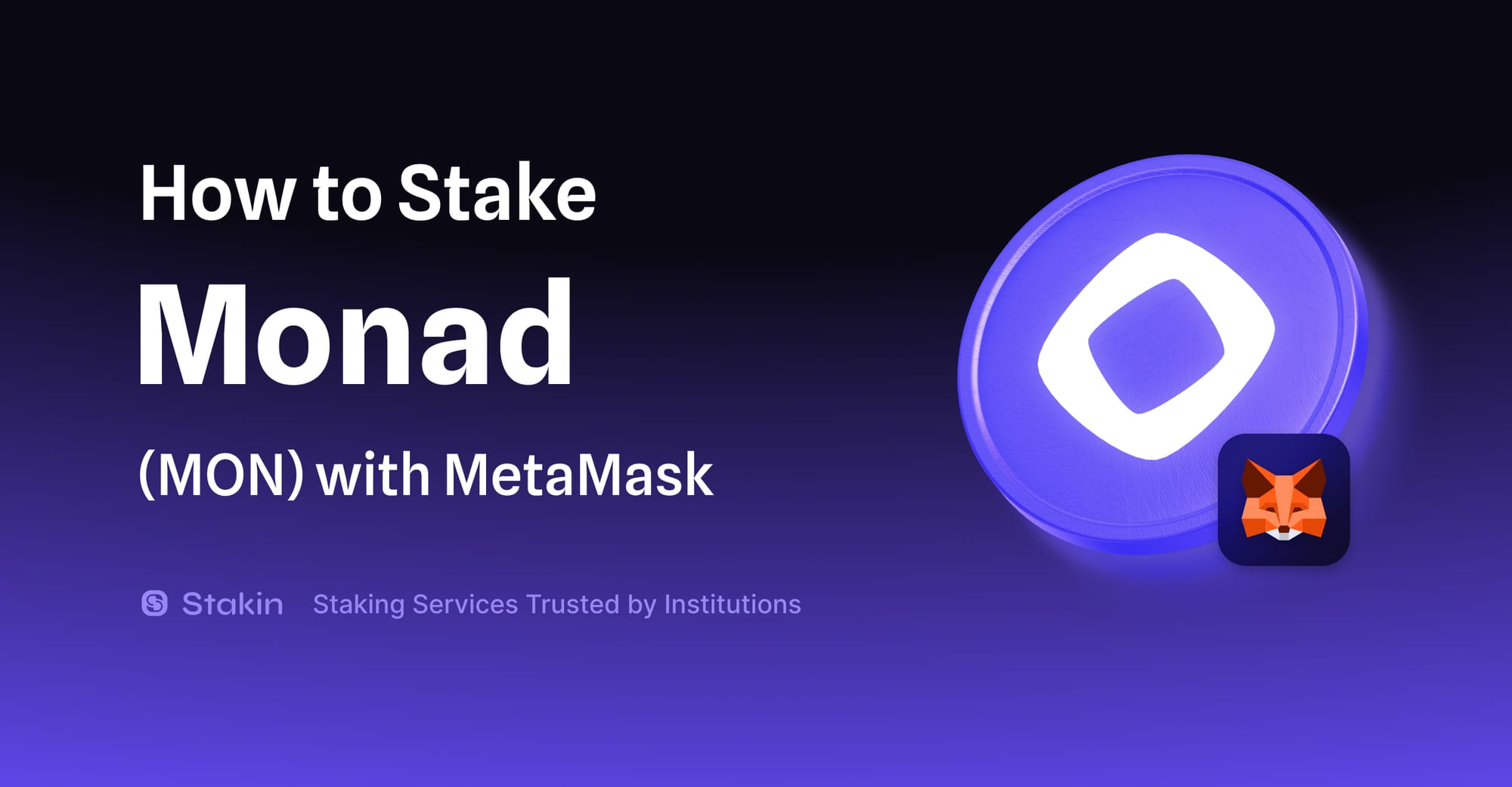Every day, thousands of blockchain projects compete to apply blockchain technology to an expanding range of businesses, consumer needs, and political and ecological problems—all working toward mass adoption. The ever-fluctuating market capitalization of the cryptocurrency industry can make it a risky business, but the expanding use cases have caught the attention of off-chain organizations. However, not all digital assets are created equally, and if you dive into the blockchain space, you must understand the difference. Hence, this article explains the main token differences.
A classification system has emerged to help people understand the various types of cryptocurrency and navigate the landscape. A thorough understanding of cryptocurrency begins with a look at the most common token types: governance tokens, security tokens, transactional tokens, utility tokens, and platform tokens.
Governance Tokens
Governance tokens are created to fuel a blockchain-based voting process. As decentralized networks and Proof-of-Stake-based consensus mechanisms expand their ecosystem, it's vital to have a way to refine the decision-making processes that surround them. On-chain governance enables all stakeholders to collaborate, debate, and vote on how a system should be managed. Governance tokens power blockchain-based voting systems by signaling support for proposed changes and voting on new proposals.
Security Tokens
Security is a legal instrument issued by a corporation, the government, or another legal entity that records an ownership interest and provides evidence of a debt, a right to a share of earnings, a right to property distribution, or other similar legal rights. Types of traditional securities include options, shares, bonds, and warrants. While not yet omnipresent, security tokens serve as direct, on-chain representations of real-world securities or tokens that serve a similar purpose as these bonds or documents for blockchain projects.
When a token represents ownership of an off-chain asset, such as real estate, equipment, payable invoices, or a business, its value is directly tied to the asset's valuation; the more valuable the asset, the more valuable the token is.
Transaction Tokens
Transactional tokens are used to manage transactions; they act as units of account and are exchanged for goods and services. You can compare these tokens to traditional currencies, such as the dollar or euro, as they often function in the same way, but in some cases, they provide additional benefits. Decentralized cryptocurrencies, such as $MATIC or $ATOM, allow users to conduct transactions without a central authority or traditional intermediaries, such as a bank or payment systems. Transactional digital assets are often used as governance assets or for other utilizations within a blockchain ecosystem.
Utility Tokens
Utility tokens are integrated into an existing blockchain protocol and used to access the protocol's services. They, unlike security tokens, are not designed for direct investment but can be used to pay for services within their respective ecosystems. A platform's relationship with a utility token is synergistic, as the platform provides security for the utility token. In contrast, the token provides the network activity required to strengthen the platform's economy.
Platform Tokens
Platform tokens use blockchain infrastructure to deliver decentralized applications (DApps) for various purposes. They are specifically designed to support a blockchain-based decentralized application. Think of Osmosis on the Cosmos Hub, for example; it is a decentralized application that allows its users to swap different types of Cosmos Hub assets, such as $KAVA, $ATOM, and $JUNO, with each other through the use of smart contracts.
Final Thoughts
It's important to note that frequently a network's digital asset is not just used for one of the aspects mentioned above but for more than one. For example, $MATIC is the native utility token of Polygon, which means it is used to play games (among other things) on the blockchain. In addition, $MATIC is an ERC-20 token that runs on the Ethereum blockchain. Therefore, the asset acts as a settlement currency for transactions in the Polygon ecosystem and is used to vote on governance proposals.
DISCLAIMER: This is not financial advice. Staking, delegation, and cryptocurrencies involve a high degree of risk, and there is always the possibility of loss, including the failure of all staked digital assets. Additionally, delegators are at risk of slashing in case of security or liveness faults on some protocols. We advise you to do your due diligence before choosing a validator.



